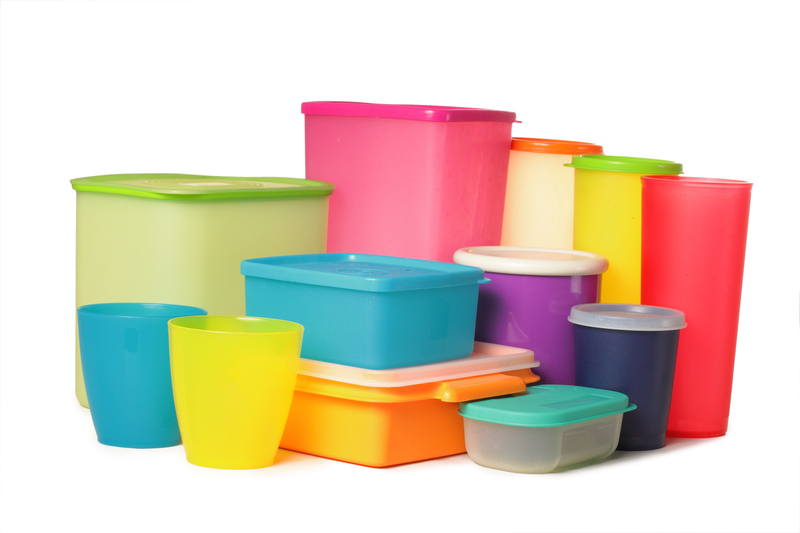The Good and Bad Sides of Using Incinerators for Waste Management
Posted on 10/06/2024
Waste management has become a major issue in today's world, with the increasing amount of waste being generated and the limited space available for its disposal. In order to effectively manage this problem, various methods have been developed, one of which is incineration. Incinerators are facilities that burn waste at high temperatures, converting it into ash, gas, and heat. Although incinerators have been used for many years as a way to dispose of waste, they have both positive and negative impacts on the environment and human health.
The Good Sides of Using Incinerators for Waste Management
1. Reduced Volume of Waste in Landfills
One of the most significant advantages of incineration is its ability to reduce the volume of waste in landfills. As waste is burned at high temperatures, it is reduced to an average of 10% to 20% of its original volume. This means that less space is needed for landfill sites and they can be used for longer periods before reaching their capacity.
2. Energy Production
Another benefit of using incinerators for waste management is that it produces energy in the form of heat and electricity. This energy can be used to power homes or businesses, reducing the need for non-renewable resources such as coal and oil. It also contributes to reducing greenhouse gas emissions when compared to traditional fossil fuel-based energy production methods.
3. Effective Disposal of Hazardous Waste
Incineration is an effective method for disposing hazardous waste substances like medical waste, chemicals, and other toxic materials that cannot be treated through traditional methods. The high temperatures used during incineration ensures complete destruction of these hazardous materials, reducing their potential harm to the environment and human health.
4. Cost-Effective
Incinerators can be cost-effective in terms of waste management as they reduce the need for transportation costs to landfill sites and long-term maintenance costs associated with maintaining landfill sites. Additionally, the energy produced during incineration can offset the operating costs of incinerators.

The Bad Sides of Using Incinerators for Waste Management
1. Air Pollution
One of the major concerns with incineration is the potential air pollution it can create. The burning of waste releases pollutants such as dioxins, furans, and heavy metals into the atmosphere, which can have adverse effects on human health and the environment if not properly controlled. To address this issue, modern incinerators are equipped with advanced air pollution control systems that reduce emissions and ensure compliance with strict environmental regulations.
2. High Initial Investment
The initial investment in constructing an incinerator facility can be costly. This makes it a less attractive option for developing countries with limited resources to invest in these facilities as compared to other waste management methods such as landfilling or recycling.
3. Public Opposition
Incinerators have faced strong public opposition due to concerns about air quality and health hazards related to emissions from these facilities. This opposition has resulted in delays in building new incinerators or expanding existing ones, making it challenging to manage waste effectively.

Tips for Using Incinerators for Waste Management
- It is crucial to choose a suitable location for building an incinerator facility that is far away from residential areas.
- Regular maintenance and monitoring of incinerators are necessary to ensure proper functioning and minimize air pollution.
- Proper training should be provided to operators to ensure safe and efficient operation of the incinerators.
- Co-incineration (burning of waste alongside other fuels) can help improve combustion efficiency and reduce emissions.
Key Takeaways
Incineration is an effective method for waste disposal, but it also has its drawbacks. To use incinerators successfully for waste management, it is essential to address potential issues such as air pollution and public opposition by implementing proper planning, management, and control measures.
In conclusion, while incinerators have both positive and negative impacts on the environment, their use for waste management should be considered in conjunction with other methods such as recycling and composting. It is crucial to carefully weigh the pros and cons and take necessary precautions to ensure that incineration is carried out in a safe and sustainable manner. Ultimately, proper waste management practices are crucial for preserving our planet for future generations.




